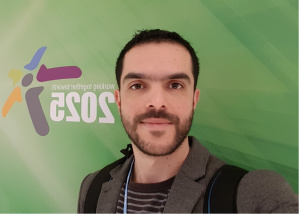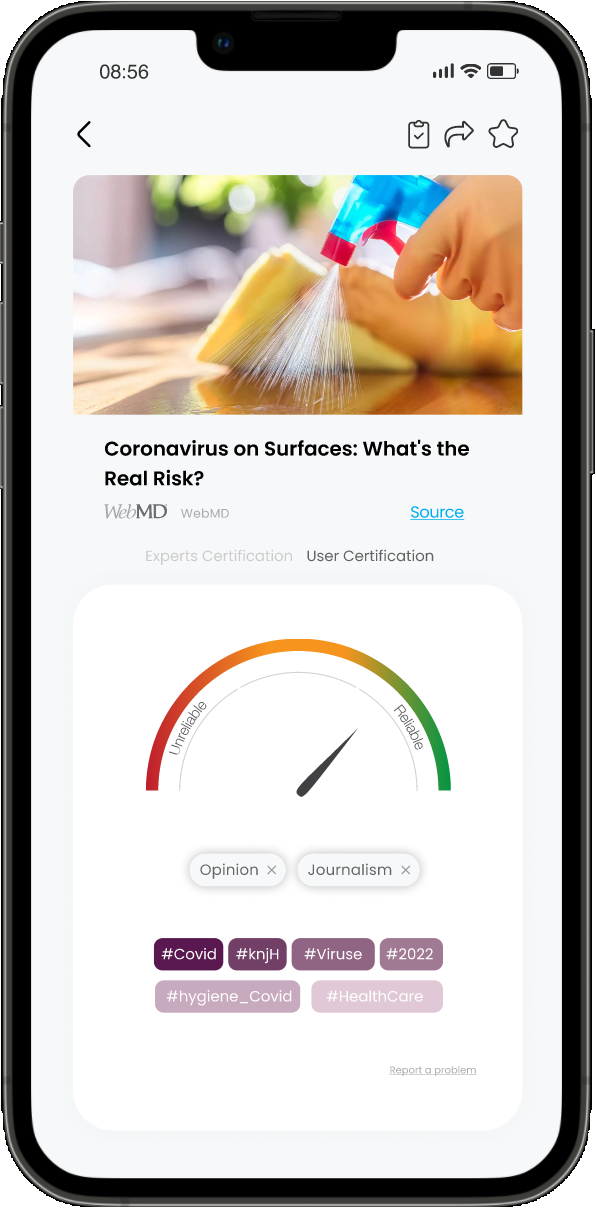Soutenance de thèse Fayez Alrafeea
 |
M. Fayez Alrafeea soutiendra en anglais, en vue de l'obtention du grade de docteur ès sciences de la société, mention systèmes d'information, sa thèse intitulée: CERTIFY: a Distributed Framework for Handling Online Misinformation through Crowdsourcing and Fact-checking Date: Lundi 24 juillet 2023 à 14h00 Lieu: Institut Confucius de l'UNIGE, Route de Lausanne 266 - 1292 Pregny-Chambesy |
Jury :
- Prof. Giovanna DI MARZO SERUGENDO, co-directrice de thèse, Université de Genève
- Dr. Basile ZIMMERMANN, co-directeur de thèse, Université de Genève
- Prof. Jean-Henry MORIN, président du jury, Université de Genève
- Prof. Lorenzo CANTONI, Università della Svizzera Italiana
- Dr. Valérie GORIN, Université de Genève
Abstract:
The arrival of the Internet and social media later has given everyone a voice to express their ideas publically. While this democratization has great potential in allowing everyone to be heard, it has flooded the online landscape with overwhelming information. People share life moments, ideas, articles, and opinions with others, which changes the speed and quality of media consumption. Also, the job of journalists has changed dramatically. With the new model of news consumption pushing for constant novelty, journalists regularly rush to deliver more content in a shorter period, with less time to check for quality. These factors led to the problem of information disorder, or what is known as fake news, where information that is wrong or gives a false impression is shared publicly. Although it is not a new issue, the new tools and events fueled it to have more serious consequences for the public. In the last decade, the information published online has proven that fake news can change dynamics on the ground in elections, revolutions, strikes, natural diseases, and pandemics; fake news can cause damage in real life.
The current situation has led to global interest and huge efforts to combat fake news online. These efforts have focused on different areas and methods to tackle the problem. Researchers from academic institutions, social media companies, media, NGOs, and other organizations have worked on assessing the effect of fake news on specific events, stopping fake accounts, tagging false content, using artificial intelligence to detect fake behavior, employing scientists to validate information, educating people along with other types of solutions. Some of these methods worked more effectively (e.g., stopping fake accounts) than others (e.g., detecting false content).
In this research, we introduce the topic of fake news and discuss the current situation in social media platforms and the different methods available in academic research to detect and combat fake news online. To do so, we analyze the actions taken by the dominant players in the industry, mainly Facebook, Twitter, and YouTube, to slow down the spread of fake news on their platforms. We also analyze the role of fact-checking organizations in helping users determine information's credibility. The analysis in these two parts produces a list of shortcomings and requirements in dealing with the spread of unreliable or misleading information.
We then propose CERTIFY, a comprehensive tool for media users to evaluate information based on the described requirements. We suggest opening a new way of interaction between news producers and their audiences to enhance the credibility of media content and restore users' trust in online news. Recognizing the added importance of verified information, especially in critical times, we present the design of several approaches that media companies can use to validate information before publishing. These approaches are built into tools that help government agencies provide safety information and direct people to trustworthy sources during critical times.
To test the new model, we develop the core components of CERTIFY, including the web and mobile modules for experts and users. We also discuss the model testing with a group of experts and users from academics and students in Swiss universities and with special cooperation with high schools in Geneva. The testing phase outcomes demonstrate the CERTIFY model's alignment with the identified requirements, providing promising indications for its effectiveness.
As promising signs, this research project started by receiving the Swiss Government Excellence Scholarship and finished with two grants from the Innosuisse, the Swiss innovation agency, to move the project to the next stages.

News
